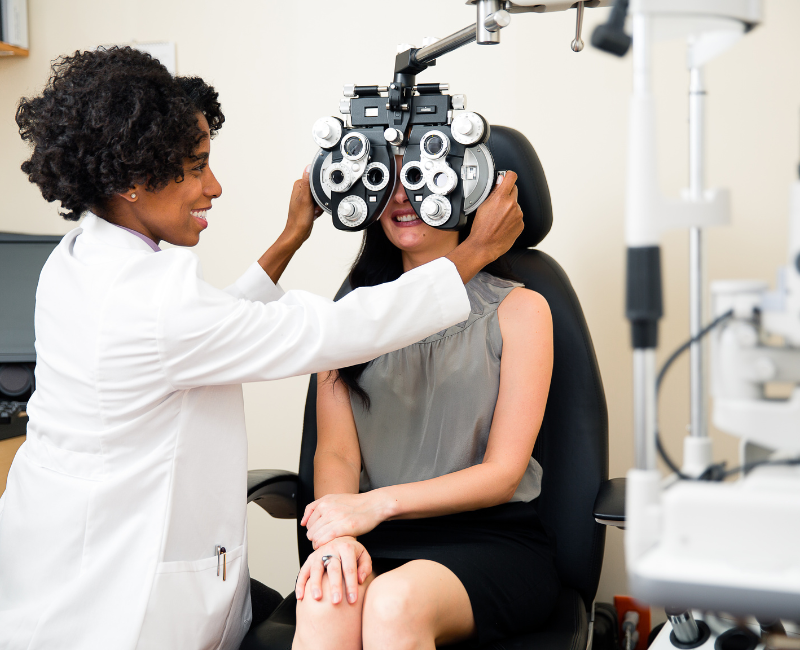How to make the most of your optometry visit
Regular eye exams are essential for maintaining good vision and overall health. Your optometrist can detect vision problems, eye diseases, and other health conditions early on, when they are most treatable.
Here are some tips on how to make the most of your optometry visit:
1. Prepare for your appointment.
Before your appointment, take some time to think about any questions or concerns you have about your vision or eye health. You may also want to write down a list of your medications and any allergies you have.
If you are currently wearing glasses or contact lenses, bring them with you to your appointment. This will help your optometrist assess your current prescription and determine if any changes are needed.
2. Be honest with your optometrist.
It is important to be honest with your optometrist about your vision and eye health history. This includes any symptoms you are experiencing, such as blurred vision, double vision, eye pain, or headaches.
You should also be honest about your lifestyle and any risk factors you may have for eye problems, such as diabetes or high blood pressure.
3. Ask questions.
If you have any questions or concerns about your vision or eye health, don’t be afraid to ask your optometrist. They are there to help you understand your eye health and make informed decisions about your care.
Here are some specific questions you may want to ask:
- What is my current prescription?
- Do I need to change my prescription?
- Are there any other vision problems I should be aware of?
- Am I at risk for any eye diseases?
- What can I do to protect my vision?
4. Follow your optometrist’s instructions.
If your optometrist prescribes glasses or contact lenses, be sure to follow their instructions carefully. This includes wearing your glasses or contact lenses as prescribed and getting regular eye exams.
If you have any questions or concerns about your glasses or contact lenses, be sure to talk to your optometrist.
By following these tips, you can make the most of your optometry visit and ensure that you are receiving the best possible care for your vision and eye health.

